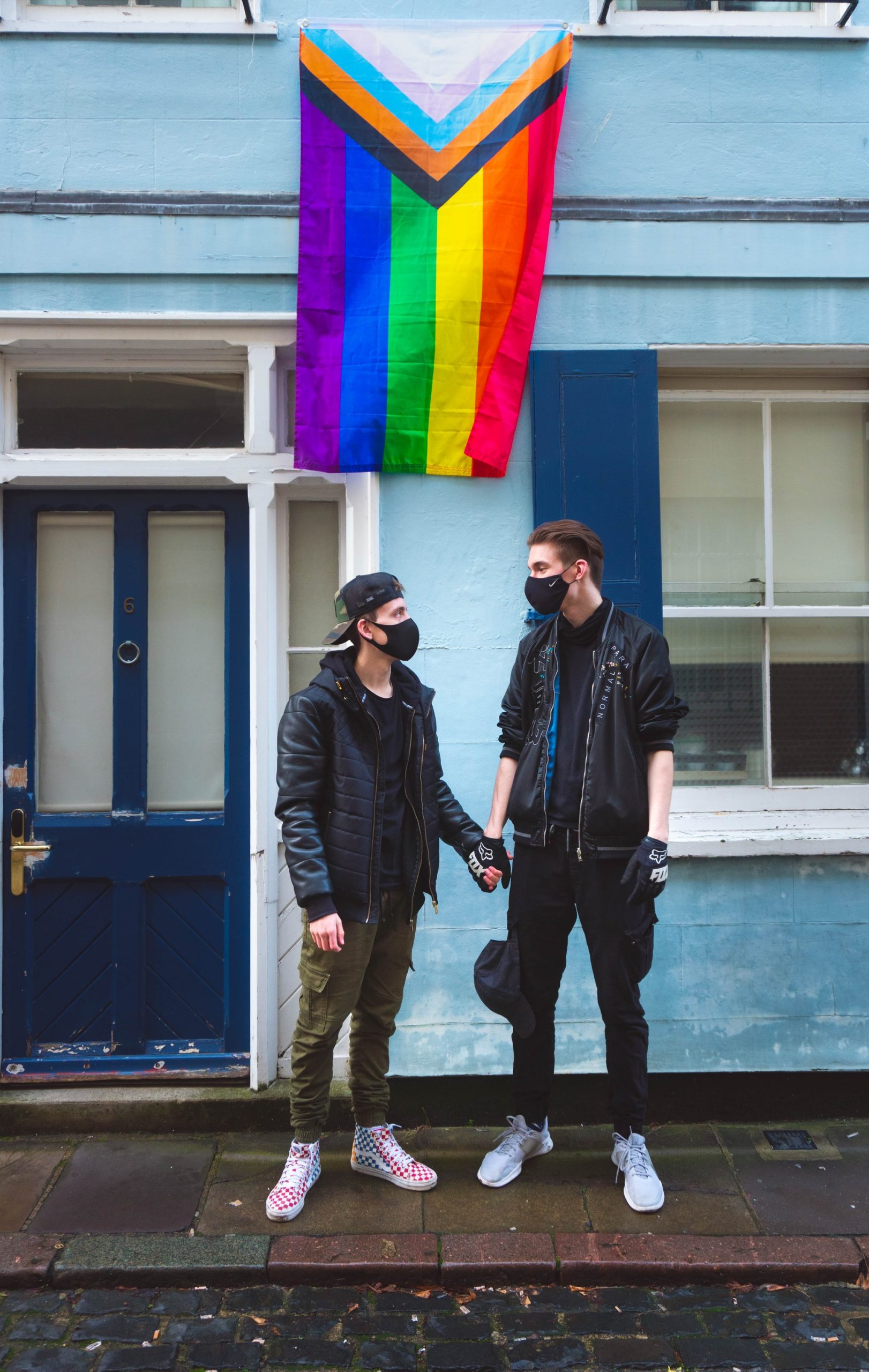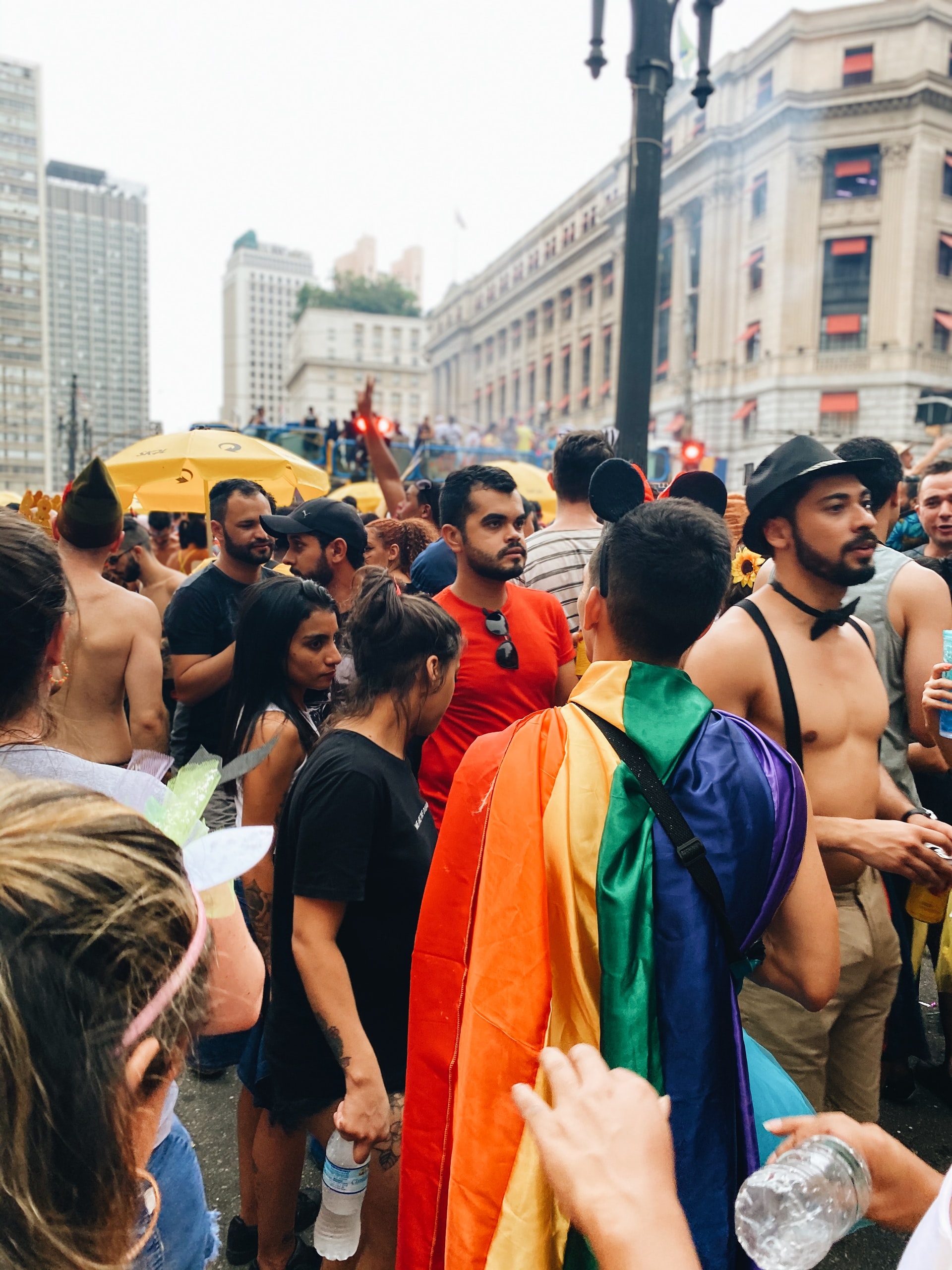Canada is a queer mecca and is one of the best places you could immigrate to as a queer person. Trust me on this one, as a queer person from a ‘third-world country’, I’ve faced the whole spectrum from queer acceptance and denial.
Being queer is hard anywhere around the world, but it is easier to be queer in Canada than in India; the law legally protects you. You are given the same rights and privileges as a heterosexual person in Canada. So, let’s get into why Canada is a haven for queer people seeking asylum.
1. History of the LGBTQ+ refugee movement in Canada

Same-sex relationships and fluid gender identities are still criminalized and stigmatized in many parts of the world. In the 20th century, Canada was also not immune to the persecution and exclusion of LGBTQ+ people. However, changing societal mores have made Canada a leader in advancing and protecting the rights of LGBTQ+ people, including through the legalization of same-sex marriage.
In 1991, Canada became one of the first Western countries to grant refugee status based on sexual orientation. Then, in 1993, in a landmark decision, the Supreme Court of Canada unequivocally declared that the “social group” category of the refugee definition included sexual orientation. In addition, in 1977, an amendment to Canada’s Immigration Act lifted the ban on immigration for gays and lesbians. Subsequently, the Immigration and Refugee Board has ruled on thousands of cases of persecution based on gender identity or sexual orientation.
Of the different types of refugee claims, those from members of the LGBTQ+ community are the most successful. Between 2013 and 2015, 2,371 (13%) of the 18,221 asylum decisions are primarily based on sexual orientation. 70.5% are accepted, while 62.5% of all applicants are granted refugee status. However, applications from LGBTQ+ individuals also present specific challenges for both the adjudicator and the refugee.
2. Reception of LGBTQ+ refugees in Canada

Canada bases its refugee law on the United Nations Convention Relating to the Status of Refugees (Convention Relating to the Status of Refugees). As defined by the Convention, a refugee is a person outside their country of origin or residence and refuses to return because of a well-founded fear of persecution for reasons of race, religion, political opinion, nationality, or membership in a “particular social group.
In order to be declared a refugee and receive permanent resident status, a claimant must prove to the Immigration and Refugee Board of Canada that they are persecuted on one of these grounds. LGBTQ+ refugees seeking protection in Canada must prove that they have a well-founded fear of persecution based on their gender identity or sexual orientation and that their country is unable or unwilling to protect them.
Although the Refugee Convention does not specifically address the persecution of LGBTQ+ refugees, the Supreme Court of Canada ruled, in a landmark precedent-setting decision, that sexual orientation must be considered a “social group” in the context of Convention refugee status. Therefore, this ruling opens the door for the LGBTQ+ community to make claims for protection in Canada.
Refugees are granted permanent resident status upon arrival in Canada. Refugees can either be resettled directly by the Government of Canada or migrate through a private sponsorship program supported by organizations or individuals. Refugees can also settle in Canada through resettlement programs with the assistance of the United Nations High Commissioner for Refugees, a United Nations body responsible for managing forced migration and the subsequent protection of affected populations.
3. Challenges for LGBTQ+ refugees in Canada

LGBTQ+ refugees face particular challenges in preparing their applications. For example, it can be difficult to gather sensitive evidence related to personal behaviors, and refugees regularly have their credibility questioned due to outdated attitudes about sexuality and gender identity.
Fundamentally, persecution of a person for their sexual orientation and gender identity invites them to hide facets of their life for fear of abuse. Many people are unable to be transparent about their sexual orientation or gender identity in their home country, making it challenging to provide tangible evidence of their relationships.
In addition, many refugees are uncomfortable discussing their private lives with strangers who process their applications or people from their country or ethnic group who provide interpretation or support, fearing that their sexual orientation and gender identity will be disclosed to the rest of their community. Revealing one’s identity can have serious consequences: same-sex relationships in approximately 73 countries remain criminalized, including 13 officially condemning them with the death penalty.
The Immigration and Refugee Board of Canada recognizes these challenges. In May 2017, after extensive public consultation, the Immigration and Refugee Board of Canada implemented new guidelines for adjudicating cases related to sexual orientation and gender identity. These guidelines include using appropriate language, protecting sensitive information, avoiding stereotypes when establishing facts, and offering assistance in determining credible evidence.
UNHCR’s guidelines and training (on processing claims related to sexual orientation and gender identity) provide international principles and access to country-specific material related to the persecution of LGBTQ+ persons. They also help guide credibility assessments in highly complex sexuality and gender-related cases.
Sound off in the comments section below and tell us what you want to read next and if you want to read more about asylum laws.


Pingback: Top 3 Things Everyone Should Know About Inheritance Dispute | Law blog online
Pingback: Top 3 Things Everyone Should Know About Mutual Consent Divorce | Law blog online
Pingback: How to Deal with Sexual Abuse? | Law blog online
Pingback: Top 5 Things Everyone Should Know Before Immigrating to Canada | Law blog online
Pingback: Relationship Between Divorce And Life Insurance: The Impacts | Law blog online
Pingback: The Struggle to achieve Taiwan 2019’s Same-sex Bill | Law blog online
Pingback: How To Prepare For A Judicial Trial In France? | Law blog online
Pingback: Top 5 Things To Know About Obergefell V. Hodges | Law blog online